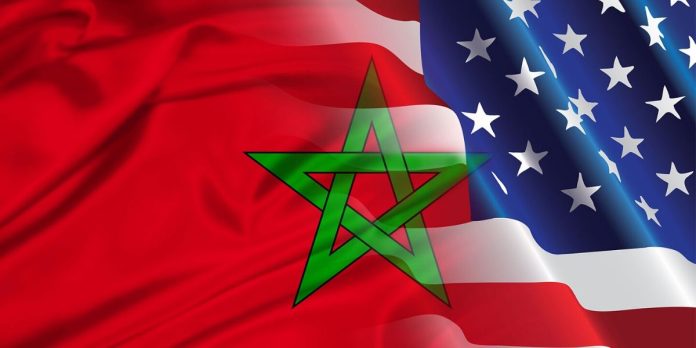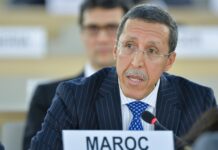The US State Department released its annual report on the global investment climate on Wednesday, highlighting Morocco’s strengths and ambitions as a country that “actively encourages and facilitates” foreign investments. The report positions Morocco as a burgeoning “regional business hub” and a “gateway” to the African continent.
“Morocco actively encourages and facilitates foreign investments, particularly in export-oriented sectors like manufacturing, through positive macroeconomic policies, trade liberalization, investment incentives, and structural reforms,” the US State Department emphasizes in its report.
Strategically located at the crossroads of Europe, sub-Saharan Africa, and the Middle East, Morocco aims to transform into a regional commercial and industrial hub by leveraging its strategic geographical position, political stability, and world-class infrastructure. This transformation also seeks to establish Morocco as a regional base for manufacturing and exporting for international companies.
According to the report, Morocco is implementing strategies to boost employment, attract foreign investments, and enhance productivity and output. Key industries targeted include renewable energy, automotive, aerospace, textiles, pharmaceuticals, offshoring, and agribusiness. Reflecting this reformist drive, the report cites the adoption of a new Investment Charter in December 2022, which “significantly broadens incentives for foreign investments.”
Highlighting emerging sectors, the document notes that Morocco “continues to make significant investments in renewable energy and is on track to achieve its goal” of sourcing 52% of its national energy mix from renewables by 2030. Green investment opportunities include smart grids, green hydrogen, energy storage, and renewables. The New Development Model, a comprehensive economic reform plan, aims to increase the share of renewable energy in total consumption from 19.5% in 2021 to 40% by 2035.
The report also recalls that Morocco has attracted over $10 billion in investments to build an integrated battery and electric vehicle manufacturing chain and has allocated one million hectares for green hydrogen production.
The US State Department also highlights that, thanks to “a series of reforms,” Morocco has been removed from the Financial Action Task Force (FATF) and the European Union’s “grey list” concerning anti-money laundering and counter-terrorism financing. By 2024, Morocco had ratified 72 investment treaties for the promotion and protection of investments and 62 economic agreements, notably with the United States and most EU countries, aimed at eliminating double taxation on income or gains. The report notes that Morocco is the only African country to have concluded a free trade agreement (FTA) with the United States, eliminating tariffs on over 95% of eligible consumer and industrial goods. Since the FTA’s implementation, bilateral trade in goods has nearly quintupled, with Washington and Rabat “working closely to increase trade and investments through high-level consultations, bilateral dialogues, and other forums to inform US businesses of investment opportunities and strengthen business-to-business ties.”
The State Department’s investment climate report, covering 160 countries worldwide this year, examines business conditions to help US companies “make informed decisions” about their overseas operations.
“A welcoming investment climate can help attract sustainable and high-quality investments and support sustainable and inclusive economic growth,” the report concludes.





